
Only one in five consumers are currently buying sweet baked goods several times a week, down from more than a third of consumers before the financial crisis.
That is one of the key findings in a new report from baked goods manufacturer Baker & Baker on the impact the cost-of-living crisis is having on the sweet bakery category.
The report, the second in the manufacturer’s Bakery Bites series, is based on a survey of 1,000 UK consumers undertaken last month.
It revealed that 84% of respondents have had their income reduced by the cost-of-living crisis, and that just one in five consumers feel their spending hasn’t changed.
Baker & Baker found that financial worries had impacted the frequency of sweet bakery purchases, with only 22% of consumers buying sweet treats several times a week, compared to 36% pre-crisis.
And, instead of buying sweet baked goods from a wide variety of places, most respondents (64%) limit their choice to a single type of business. The top three locations for buying sweet bakery products were supermarkets (80%), chain bakeries (27%) and c-stores / independent bakeries (both 16%).
The survey also revealed that, while price is a major concern, quality remains an important factor for baked goods consumers.
When asked ‘When you buy a sweet baked good now, what do you prioritise?’, the top three answers (not including diet) were price (71%), flavour (56%) and quality (53%).
Consumers were also asked how they were dealing with the cost-of-living crisis when it comes to sweet bakery items. When asked ‘How do you intend to deal with the situation?’ they replied:
- Trying sweet baked goods from discount stores (49%)
- Buying non-branded sweet bakery goods (40%)
- Switching from a premium to standard tier baked good (37%)
- Baking sweet goods at home (28%)
“The research brought up some interesting findings”, said Baker & Baker UK marketing manager Helen Sinclair.
“While price is a major factor on purchasing decisions as disposable income is squeezed, the research highlights that people are responding in different ways – indicating value for money is very much a consumer priority but this does not necessarily mean they are looking for cheaper, lower-quality goods.”



















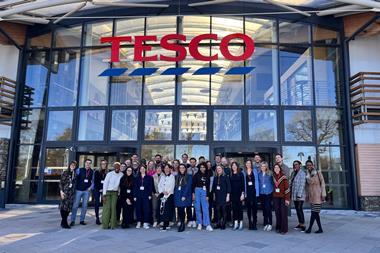
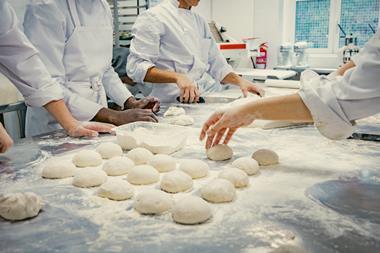


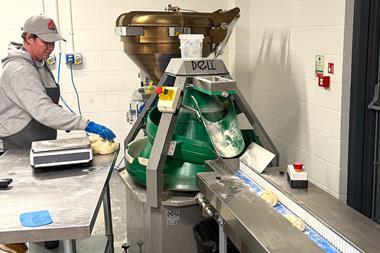
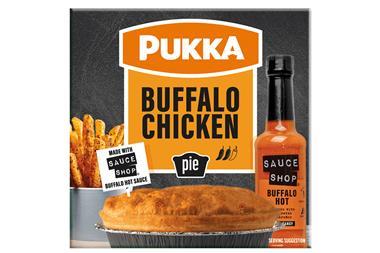

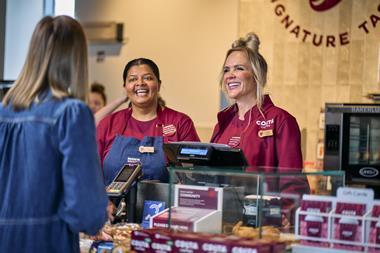
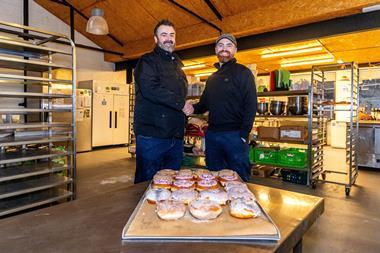




No comments yet